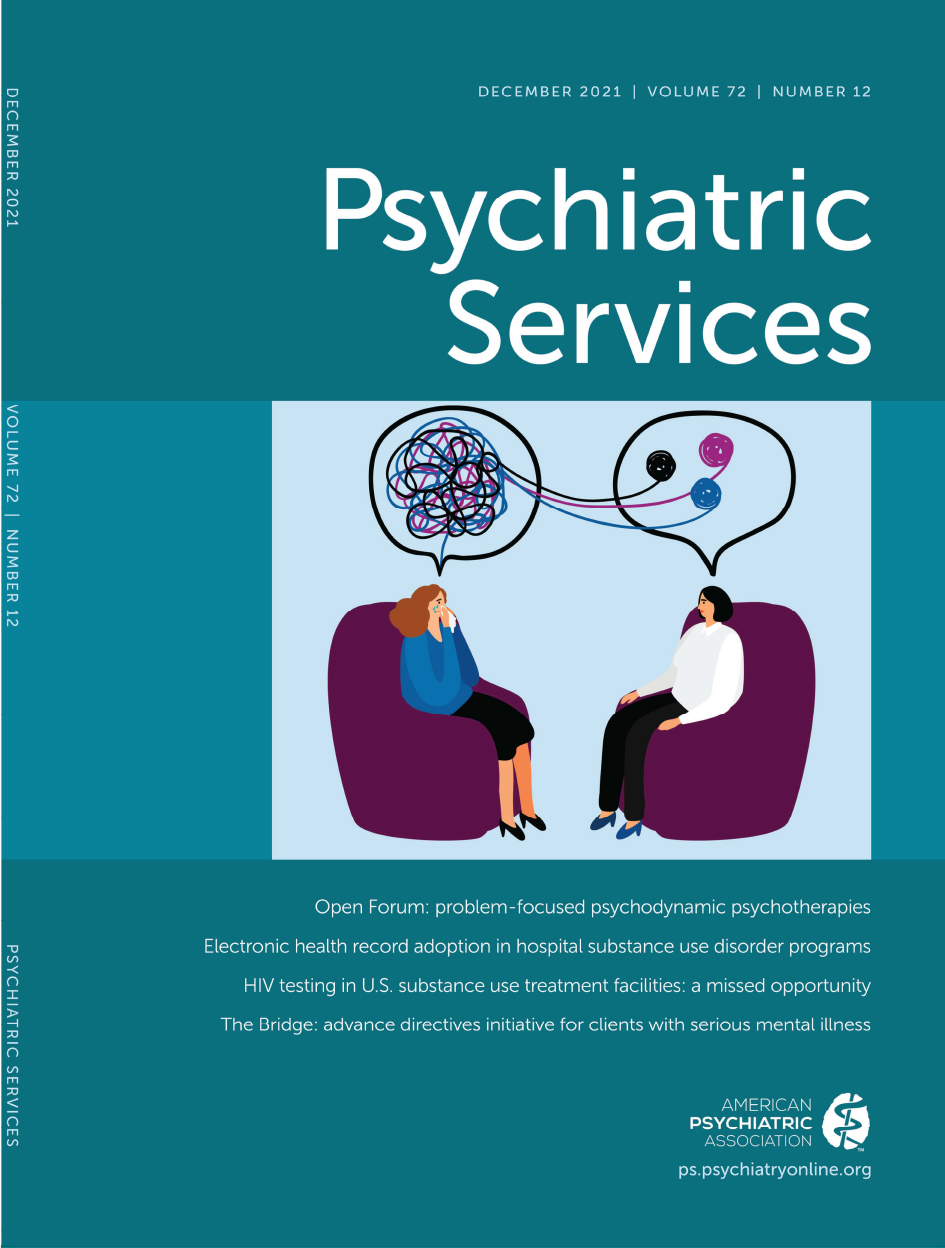Problem-Focused Psychodynamic Psychotherapies
Abstract
Psychoanalytic approaches, although still extensively used by practitioners, have been marginalized in treatment guidelines partly because of limited efficacy research. In recent years, several manualized psychodynamic approaches have been developed that target specific problems or disorders, which can be referred to generally as problem-focused psychodynamic psychotherapies. These treatments offer modified psychodynamic techniques to address dynamics associated with particular disorders and can be used for systematic outcome studies. For example, one of these, panic-focused psychodynamic psychotherapy, has demonstrated efficacy in the treatment of panic disorder. The manuals for these psychotherapies emphasize comprehensibility for training purposes and are more readily transportable to the public health sector. Extensive research will be needed to ascertain which psychotherapies are most effective for various patients and conditions over the short and long term.



